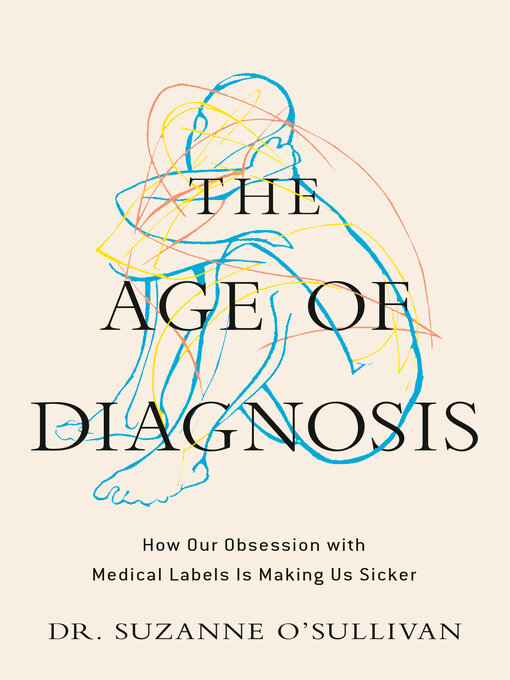
We live in an age of diagnosis. Conditions like ADHD and autism are on the rapid rise, while new categories like long Covid are being created. Medical terms are increasingly used to describe ordinary human experiences, and the advance of sophisticated genetic sequencing techniques means that even the healthiest of us may soon be screened for potential abnormalities. More people are labeled "sick" than ever before—but are these diagnoses improving their lives?
With scientific authority and compassionate storytelling, neurologist Suzanne O'Sullivan argues that our obsession with diagnosis is harming more than helping. It is natural when we are suffering to want a clear label, understanding, and, of course, treatment. But our current approach to diagnosis too often pathologizes difference, increases our anxiety, and changes our experience of our bodies for the worse.
Through the moving stories of real people, O'Sullivan compares the impact of a medical label to the pain of not knowing. She explains the way the boundaries of a diagnosis can blur over time. Most importantly, she calls for us to find new and better vocabularies for suffering and to find ways to support people without medicalizing them.
-
Creators
-
Publisher
-
Release date
March 18, 2025 -
Formats
-
OverDrive Read
- ISBN: 9780593852927
-
EPUB ebook
- ISBN: 9780593852927
- File size: 1621 KB
-
-
Accessibility
-
Languages
- English
-
Reviews

Loading
Formats
- OverDrive Read
- EPUB ebook
subjects
Languages
- English
Why is availability limited?
×Availability can change throughout the month based on the library's budget. You can still place a hold on the title, and your hold will be automatically filled as soon as the title is available again.
The Kindle Book format for this title is not supported on:
×Read-along ebook
×The OverDrive Read format of this ebook has professional narration that plays while you read in your browser. Learn more here.